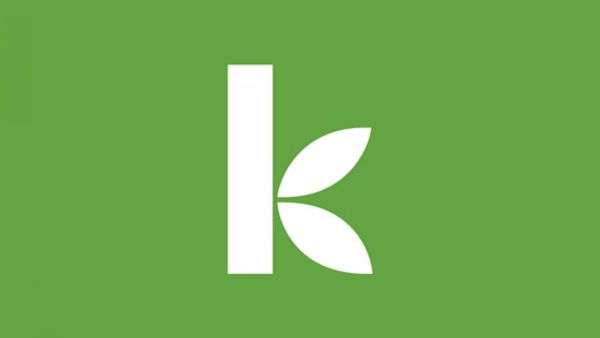
Upon learning that I had been accepted as a Kiva Fellow and would be heading to Peru to work with a microfinance institution (MFI) on Kiva’s behalf, I had no idea that the organization with which I would be working would be much more than a bank that provides microloans.
Manuela Ramos is an organization that was founded in Peru in 1978 and is dedicated to the implementation of programs and projects that advance the rights of Peruvian women. They have more than ten offices throughout Peru and seven of those are operating with a microfinance program. Their programs include educating women, primarily in the rural areas of Peru, about gender equality, domestic violence, women’s rights and environmental awareness. Twelve years ago, Manuela adopted a Microfinance program, CrediMujer, that assists groups of 15-30 women in coming together, forming a community bank and taking out a loan together that they use for their individual businesses; this is where Kiva comes in, providing interest free capital for Manuela Ramos to loan. These community banks allow women to work together in idea building and sharing, create accountability to repay the loan (if one women defaults then the entire community bank defaults and no woman in this bank may take out another loan) and enable the organization to work more efficiently (the loan officers make visits to the community bank meetings rather than each individuals place of business).
Microfinance is a successful tool used by Manuela Ramos in order to further its mission of women’s progress, but it is just one tool. I was lucky enough to have my first day on the job coincide with the implementation of a women’s rights program against gender, domestic and sexual violence that until two weeks ago only existed in Lima. For the inauguration of this program, the director of Manuela Ramos and the directors of this program visited Puno and gave a heart felt presentation in the Community Center and sited disturbing facts and statistics that exemplified the propose behind their movement. Currently in Peru, it is much less common for women to have ID cards than men. This lack of identification leaves women unable to take out loans, receive a higher education and leads to lack of independence. In addition, while boys are required to attend primary and secondary school, girls are not and the decision is left to the parents, leaving many women without the ability to read or write and unable to rise above this oppression.
After the Community presentation I had the privilege of attending a meeting where the directors of this program, “Violencia Familiar”, spoke in depth to the women of Manuela Ramos. It was amazing to be a part of what feels like a momentous movement to change the position of Peruvian women. The directors spoke about the unequal balance of power between men and women and how this leads to gender, physical and sexual abuse. Many of the victims of this abuse have nowhere to go, as this behavior may be accepted by their priests, teachers and maybe even their own mothers. Manuela Ramos not only wants to provide an outlet for these women to seek help by providing self-esteem workshops and community assistance, but wants to speak out in the community to let people know, both men and women, that this behavior needs to change. When a Manuela Ramos employee states where she works, she doesn’t say she works for Manuela Ramos, she proudly states that she works for the Manuela Ramos Movement that is changing the face of women in Peru.
' />













